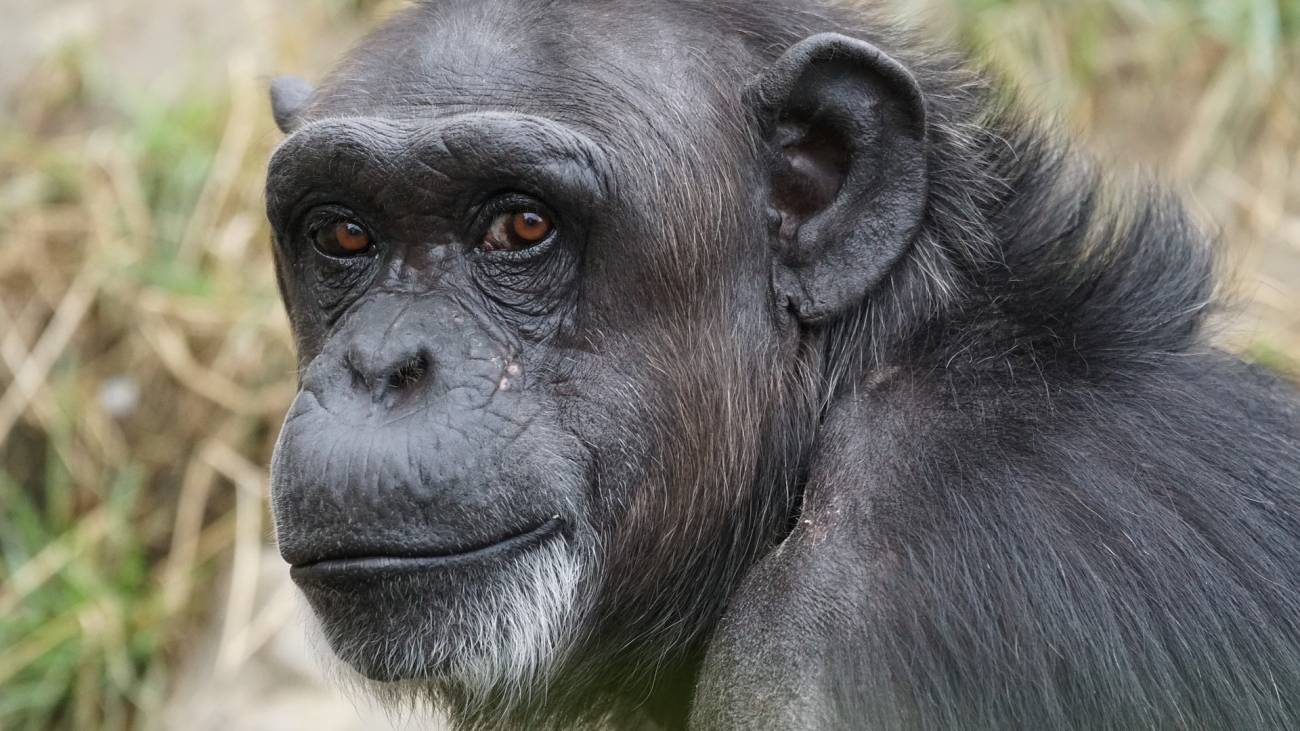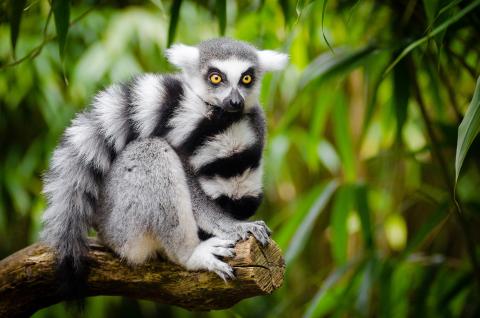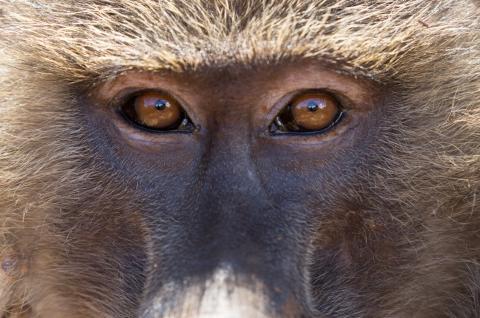Reactions: Chimpanzees can learn socially by observing their companions
Chimpanzees can learn a new skill by observing each other — a phenomenon known as social learning — according to a study published in Nature Human Behaviour. The findings suggest that chimpanzees may have the capacity for cumulative cultural evolution, which was previously considered to be an exclusively human trait.

Miquel - chimpancés
Miquel Llorente
Head of the Department of Psychology at the University of Girona, associate professor Serra Húnter and principal investigator of the Comparative Minds research group
The research on social learning in chimpanzees, as presented in this study, not only sheds light on the ability of these primates to acquire complex skills but also offers important implications for our understanding of human culture and animal behavior in general.
The results reveal that chimpanzees can learn sophisticated skills by observing their conspecifics, suggesting surprising parallels with human social learning, not previously described. This finding reinforces the idea that social learning is not exclusive to humans and raises fascinating questions about the similarities and differences in the psychological mechanisms of learning among species.
Understanding how animals, such as chimpanzees, learn and transmit knowledge to members of their species is crucial for understanding the evolution of human culture. The study of animal behavior provides a unique window to explore the origins and nature of culture, as well as to challenge anthropocentric conceptions of intelligence and society.
Furthermore, the loss of species like chimpanzees due to extinction poses serious implications for our understanding of the natural world and our connection to it. These beings are valuable not only in their own right but also play a fundamental role in scientific research and in understanding ourselves as biological and cultural beings.
Ultimately, these kinds of studies serve to remind us of the importance of preserving biological diversity and promoting the conservation of threatened species like chimpanzees, not only to safeguard their biological legacy but also the cultural one. Not only the lives of these fascinating creatures are at stake but also our own understanding of the world and our place in it.
Adriana Hernández - chimpancés EN
R. Adriana Hernández-Aguilar
Serra Húnter Lecturer in the Department of Social Psychology and Quantitative Psychology at the University of Barcelona and co-director of Research at the Jane Goodall Institute Spain and Senegal
The excellent study by Edwin van Leeuwen et al. is definitely timely. The evolution of cultural transmission is a topic that is receiving a lot of attention from researchers and has generated intense debate (see, for example, Whiten 2022, special issue in Physics of Life Reviews 2023, vol. 45). Currently, there is disagreement among researchers as to whether great apes (and other species) possess cumulative culture; that is, whether they are capable of socially learning a behaviour (which they cannot innovate individually) and improving it through successive changes over time. Thus, researchers have opposing views on the forms of social learning present in great apes. Some researchers consider that great apes are incapable of copying knowledge about how to perform a task (or know-how) by observing other individuals and assume that each individual re-innovates the task over time, independently. The latter view assumes that, as a consequence, great apes are not capable of producing a cumulative culture. Other researchers, however, believe that the complex social learning mechanisms of great apes do include the process of copying knowledge about how to perform a task, but this assumption has been poorly tested.
The study by van Leeuwen et al. aims to contribute to this debate by testing both views experimentally. The study was conducted with two groups of chimpanzees living in a semi-freedom sanctuary in Zambia, with a total of 66 individuals, an adequate sample size for primate studies. Twenty-one percent of the chimpanzees participating in the study were able to learn a task (composed of a sequence of actions), which they were unable to innovate individually, after observing knowledgeable individuals. These results suggest that chimpanzees could indeed copy knowledge of how to do a task by observing experienced individuals and support the hypothesis that they are capable of producing cumulative culture.
The results of this study have important implications not only for the evolution of human cognition, but specifically for the evolution of cumulative culture. The evidence in this study challenges the assumption that cumulative culture is a uniquely human trait and reminds us that the list of uniquely human behaviours is getting shorter and shorter as we move forward in the study of our close relatives.
- Research article
- Peer reviewed
- Animals



